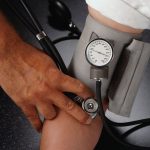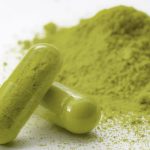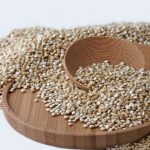
When it comes to blood pressure readings, the “top” number seems to grab all the attention. But a large, new study confirms that both numbers are, in fact, critical in determining the risk of heart attack and stroke. Blood pressure measurements are given as a “top” and “bottom” number. The first reflects systolic blood pressure, the amount of pressure in the arteries as the heart contracts. The second reflects diastolic blood pressure, the pressure in the arteries between heart muscle contractions. For years, systolic blood pressure has been seen as the one that really matters. That’s based on studies — including the famous Framingham Heart Study — showing that high systolic blood pressure is a stronger predictor of heart disease and stroke. At the same time, though, doctors measure both systolic and diastolic blood pressure, and treatment guidelines are based on both. So just how important is that diastolic number? “The idea behind this new study was to address the confusion,” said lead researcher Dr. Alexander Flint, an investigator with Kaiser Permanente Northern California’s division of research. Using medical records from 1.3 million patients, his team confirmed that, yes, high systolic blood pressure was a stronger risk factor for heart attack and stroke. But those risks also climbed in tandem with diastolic pressure; and people with normal systolic readings were still at risk if their… read on >
















